Types of matrimonial property regimes
- Community of after-acquired property: only assets acquired after the marriage are owned jointly by the couple. Assets owned before the marriage or inherited or bequeathed after, are owned singly by each spouse.
This is the statutory regime in Portuguese law, which means that if no specific regime is chosen, this is the one that will apply by default.
- Full or absolute community of property: both property acquired before and after the marriage is owned jointly by the couple, except, for instance, clothing or usufruct and assets inherited or bequeathed to one of the spouses if the testator or bequeather expressly stated the assets are to be solely owned by the named beneficiary.
- Separation of property: property acquired by each spouse after the marriage remains their own property, unless acquired jointly. Property acquired before the marriage remains the property of each spouse. Assets are there freely sold or leased by each owner, except for their common place of residence.
2) Rules regarding debt within marriage
- Shared debt:
- a) debts to meet standard expenses of family life;
- b) debts for the common benefit of the couple;
- c) debts by one of the spouses, with consent of the other.
- Own debt:
- a) debts by only one of the spouses, without consent of the other;
- b) debts which are not mutually beneficial or are not intended to pay for the day-to-day family expenses;
- c) debts resulting from criminal liability.
3) Specific regime for civil/domestic and common law partnerships
Unfortunately, in Portugal, the law has not yet established or recognised any property regime for civil/domestic and common law partnerships. However, the co-ownership regime applies to property and each person is exclusively responsible for the debts he/she has contracted, no solidarity applying as to their payment.

